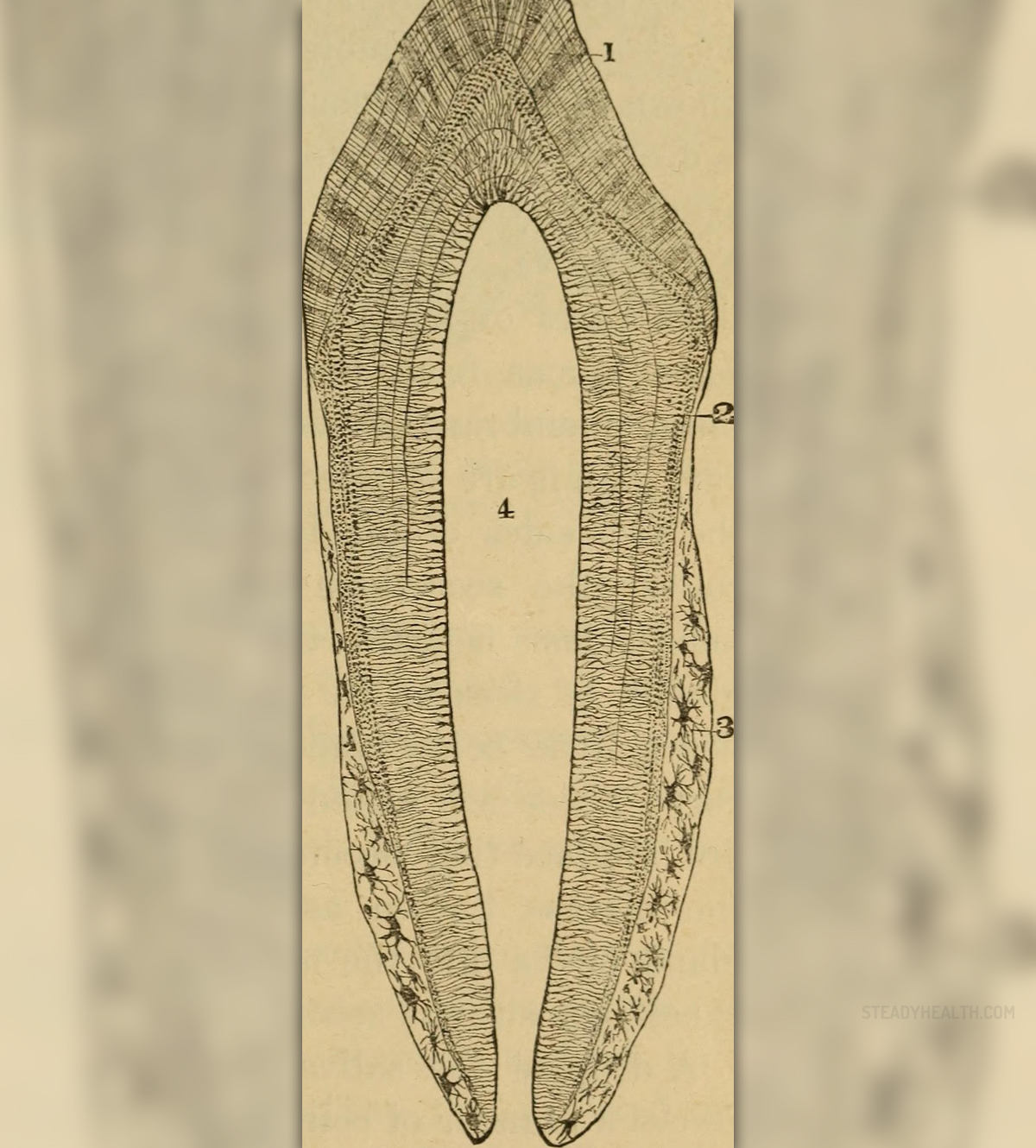
Introduction to jawbone pain
Most pain that occurs in the jawbone is usually the result of so-called temperopermandibular joint disorders. This is the name of the jaw joint, and is usually referred to as the TMJ.
This joint enables the jaw to move while eating and talking and if something happens to the joint it can make it very hard for a person to use their mouth in any way.
Most pain that is felt in the jawbone results from a disorder of this joint, although it is not the only cause of jaw pain.
Causes
Obviously, TMJ disorders are the primary cause of jaw pain. This joint connects the lower jaw with the rest of the face. There are many potential problems that can occur with this joint, since there are many muscles and tendons working together in order to get the jaw to move the way it does when eating and talking.
A displaced disk in the jaw can also lead to a TMJ disorder, which can also bring about jawbone pain.
Accidents or injuries can also result in jaw pain. Many people hurt their jawbones in car accidents or while playing sports with a lot of rough contact involved. Any injury to the head and face can potentially cause damage to the jawbone and the muscles and tendons that help it to function.
Other joint problems such as arthritis can also be troublesome. Arthritis is a general term that refers to some kind of joint damage and the most common type is oseoarthritis, which is damage to the bones and is a degenerative joint disease.
It usually arrives with old age, but it can also be caused by a joint infection or major trauma of the joint.
The joints of the jawbone can get infected or injured just like any other joints, such as the knee or shoulder joints. Treatment
Just like with any other issue, the treatment will always depend on the cause of the condition.
Bone infections, sinusitis, and things of that nature that lead to jaw pain need to be treated immediately. If it is not a serious condition like an infection or a dental problem, then it is probably not an emergency issue. In any case, the doctor should be consulted.
If it is not a serious injury, the doctor will probably recommend and demonstrate certain exercises that can be used to strengthen the muscles, tendons and joints of the jaw.
Painkillers can also de prescribed to relieve the pain while the healing process unfolds. There are also jaw splints that can be given to people to wear overnight, especially if the cause of the jawbone pain is that this person is grinding their teeth while they are sleeping.


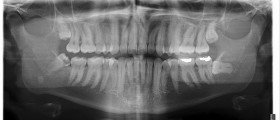
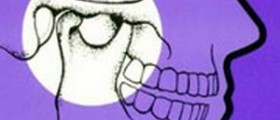
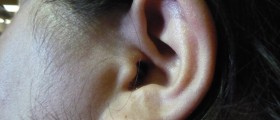
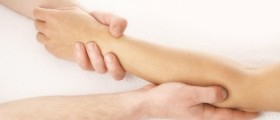
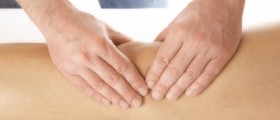

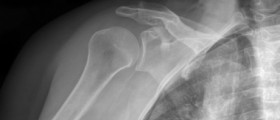




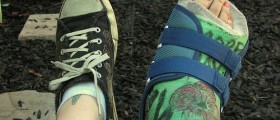


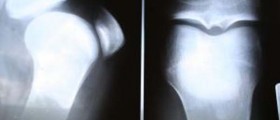
Your thoughts on this
Loading...